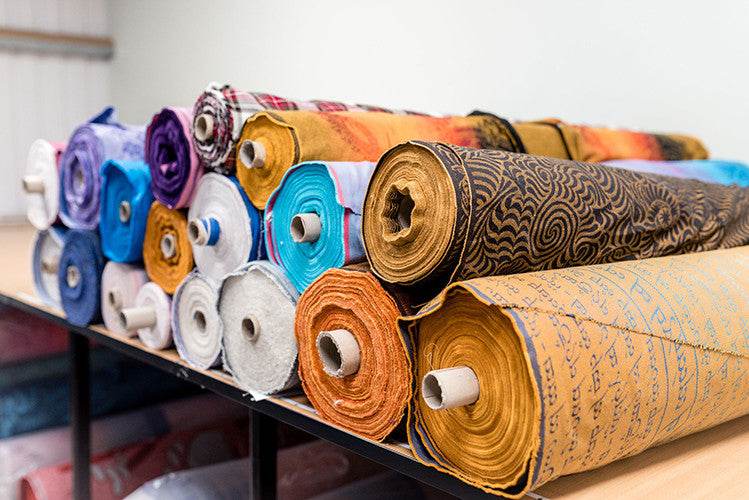
Fast Fashion & The Shocking Truth of Waste in the Textile Industry
“80 billion garments delivered out of factories annually are destroyed. [1]
As consumers, we are buying more clothes than ever with the average person purchasing 60% more clothing than they did 15 years ago [2]. This demand for fast fashion encourages companies to opt for the cheapest and quickest method of dealing with textile waste, as they choose to send excess fabric to landfills, rather than recycling, upcycling or selling on. Textile waste has a huge impact on our planet, we look into where this occurs throughout your garment's life cycle and discuss how slow fashion can help combat this global issue.
Pre-consumer textile waste
From fabric scraps in production to over-ordered fabric rolls and damaged garments, there is a mountain of waste before textiles even reach the consumer.

Studies show that up to 47% of all fibre entering the fashion value chain becomes waste throughout the myriad of different stages of production before it even reaches the consumer [3].
Many factories have 'end-of-rolls' waste, which is a surplus of leftover fabric from garment manufacturing on rolls once they have cut the patterns needed. 'Cut and sew' fabric is the small remnants of fabric that are discarded during the pattern cutting and stitching process of garments. Many companies will buy more meterage than needed to cover fabric lost due to damage and scraps [4]. Often all of this excess fabric is thrown away in landfills or is sent to be incinerated, releasing harmful chemicals and gas into the atmosphere and earth.
“For many mid market and luxury brands, destroying unsold stock rather than selling it at a discount is the norm, because it keeps up the perceived value of the brand. [1]
Many luxury companies actually choose to throw away perfectly good garments to a landfill, rather than selling these, in order to keep up the brand image as being exclusive.
Damaged Fabric

Damaged textiles are usually deemed as unusable and unsellable in the textile industry, but we know that small imperfections can be very common in the weaving process, from machinery or characteristics of particular yarns. Due to the nature of fast fashion, many large companies choose to throw these faulty garments away, rather than recycling them or putting them into the sale [1].
Non-Biodegradable Fabrics

The mass amount of textile waste at pre-consumer level is especially concerning considering that textiles such as polyester, spandex and nylon can take up to 200 years to decompose in landfills [5]. During decomposition, non-biodegradable fabric waste textiles generate greenhouse methane gas and can leak toxic chemicals into the groundwater and our soil [6]. Globally, the fashion industry is responsible for 10% of all greenhouse gas emissions [7].
Opting for natural and organic fabrics is one way to support change. Fabrics such as cotton, linen, silk, wool, cashmere and hemp are highly biodegradable, meaning they do not release these harmful outputs when in the right environment and can take as little as 1 week to decompose [5]. The right environment for these yarns to decompose is somewhere with enough bacteria, light and water to carry out the process, which can be found in a compost heap, which landfill often lacks. Even biodegradable components release methane and carbon dioxide when in landfills.
Post Consumer textile waste
Although pre-consumer textile waste is a massive issue, it is also important to look at what happens after your garments have reached your home. A study [8] shows in America, on average each person throws away around 37kg of clothes each year. The volume of clothes Americans are throwing away has doubled in the past 20 years from 7 million to 14 million tons [9].
Investing in key pieces and promoting considered buying is essential in saving our planet's resources and understanding how to support slow fashion. As so much textile waste ends up in landfills, it is more important than ever to think about ways you can reuse, re-sell or recycle your garments instead of throwing them away.
What we are doing at Oscha?
At Oscha we are always striving to find ways to improve as we want to gift something beautiful into our customer's lives without causing any harm to our planet. We are part of the movement in the textile industry to slow down the cycle and do better for the environment. We ensure that every stage of production has been considered so that no fabric goes to waste to minimize our contribution to textile waste.
Scraps
Here at Oscha, we have proven that even the smallest pieces of fabric do not need to be thrown away. We list our hugely popular scrap packs (full of a variety of Oscha fabric that has come from production) on our website on Wednesdays between 7pm and 8pm. As they are in such high demand they are only listed during this time.

Here are some of the amazing creations that can be made with our scraps.
Cutting Plans
A cutting plan is created for each roll of Oscha fabric to ensure that the best use is made of it and nothing is wasted. When we cannot fit another item on these fabric rolls, we sell them as pre-cut 1 meter fabric pieces which are great for crafting.

Made To Order
Our Made to Order listings allow you to purchase any Oscha item from our woven fabric so that we only make what is needed and no excess goes to waste, encouraging a slow fashion style of production. Check out what's available for Made to Order.
Woven Seconds
When we have visual imperfections in our fabric, we list them on our website at a discounted price as 'Woven Seconds'. Rest assured this fabric is always perfectly safe to use, any fabric that is more seriously damaged is cut around to maximise usage of the length available.

Eco Yarns
We use natural and organic yarns to reduce the environmental impact of decomposing fibres. In addition, recently we are increasingly using yarns that are made from recycled fibres. These could either be waste generated at the yarn spinning stage that is then re-purposed, or from post-consumer waste. These yarns represent up to 98% less environmental impact than non-recycled yarns.

Another technique we use is to ensure no small yarn lots are thrown away at our mill. Normally these end of run yarns are disposed of as companies weave hundreds or thousands of meters of the same item and have no use for them. Instead, we take these small lots to weave special, limited, exclusive runs of fabric or we mix and match the yarns, creating interesting pinstripe effects.
Repurposing
We encourage customers to repurpose their slings after they stop babywearing, join our newsletter for regular emails showcasing the beautiful items customers have made, or check out our Facebook page where these images are regularly shared. Check out our blog for some ideas on how to repurpose your baby sling.
We strive to continue sourcing the latest eco-blends and continue to monitor production waste to lessen our environmental impact as much as possible. We would love to hear any of your thoughts and suggestions. We hope this blog has made you consider where your clothes are coming from and the impact of textile waste on the environment. By choosing more sustainable brands with transparent production processes, you too can help stand up against the negative effects of fast fashion and textile waste on our wonderful planet.
Further Reading:
[1] - https://www.amazon.co.uk/Slow-Fashion-Safia-Minney/dp/1780262833
[3] - How much does the garment industry actually waste
[4] - timetosew.uk/sustainability-overstock-fabric/
[5] - https://www.close-the-loop.be/en/phase/3/end-of-life
[6] - https://www.green-sail.com/blog/getting-to-the-bottom-of-biodegradable
[7] - http://web.unep.org/environmentassembly/putting-brakes-fast-fashion
[8] - https://labfresh.eu/pages/fashion-waste-index?lang=en&locale=en
[9] - https://www.bbc.com/future/article/20200710-why-clothes-are-so-hard-to-recycle
https://www.circularonline.co.uk/news/uk-named-fourth-largest-textile-waste-producer-in-europe/
https://www.commonobjective.co/article/fashion-and-waste-an-uneasy-relationship
https://www.roadrunnerwm.com/blog/textile-waste-environmental-crisis
https://www.treehugger.com/clothes-you-donate-dont-always-end-peoples-backs-4863686
https://www.researchgate.net/publication/329058728_Toxic_Waste_From_Textile_Industries

Best Baby Carrier For Newborns 2026
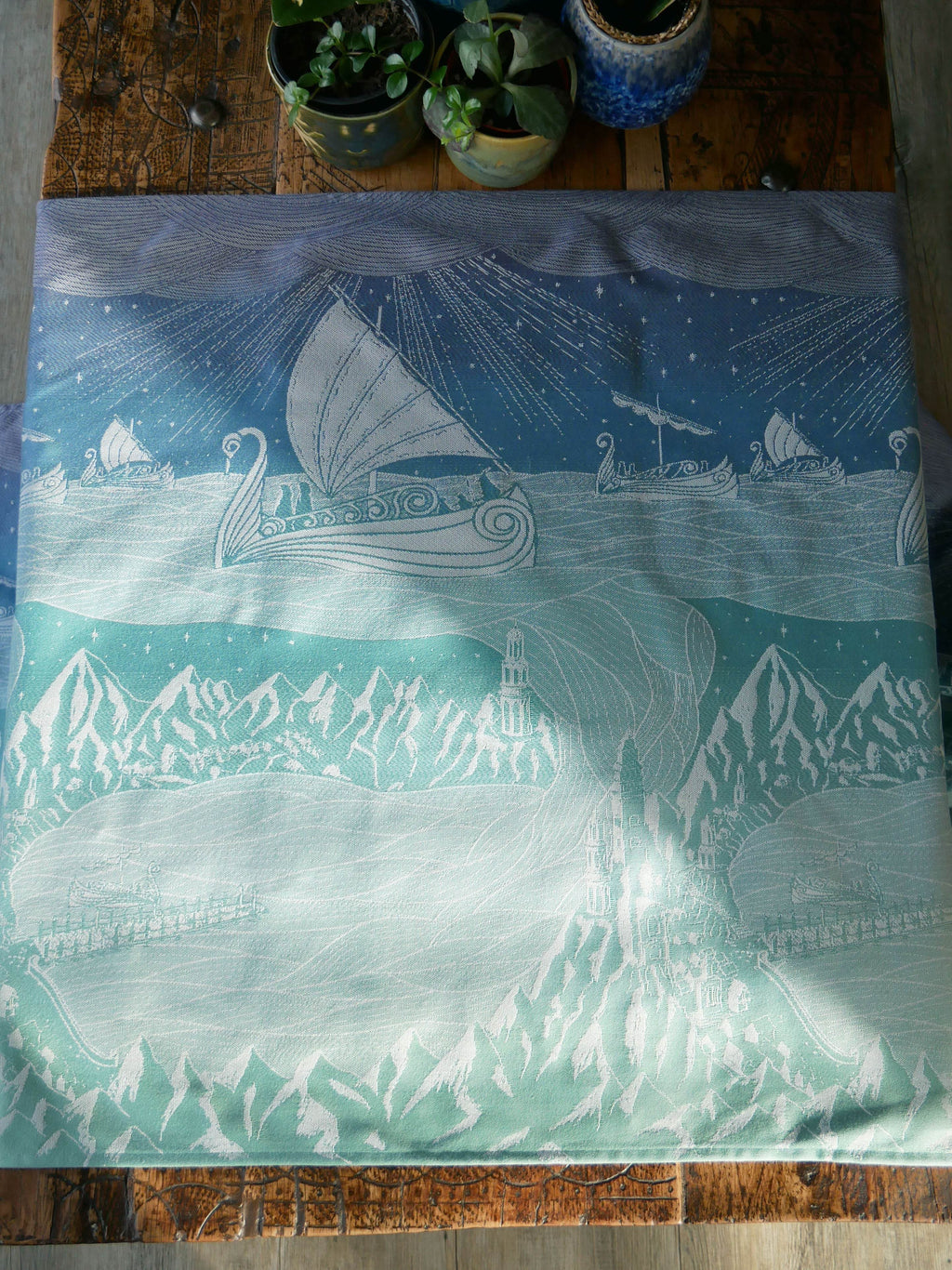
Grey Havens: Oscha Lord of the Rings Design Development
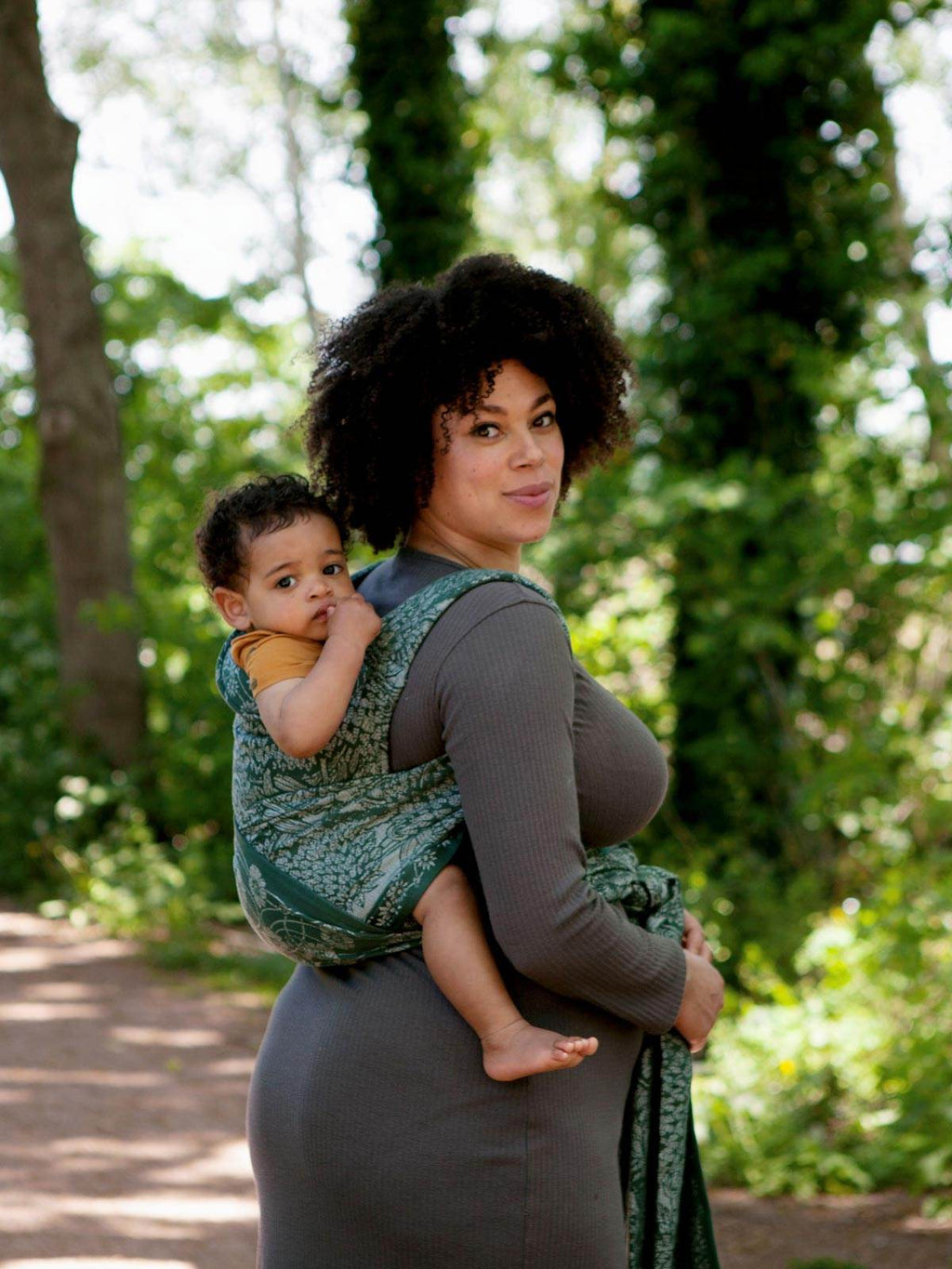
Can Baby Carriers Cause Back Pain?

The co-founder of Oscha & twin mum of 3, Zoe is a seasoned babywearer and is passionate about all things baby carriers and Middle-earth!
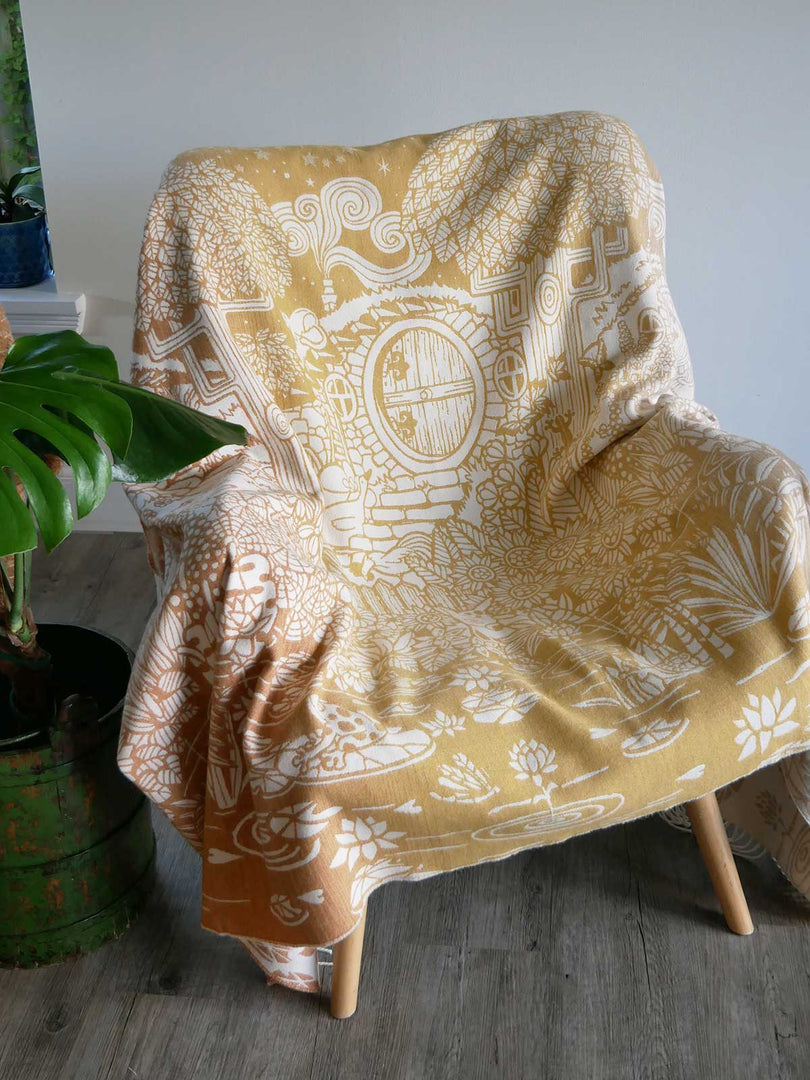

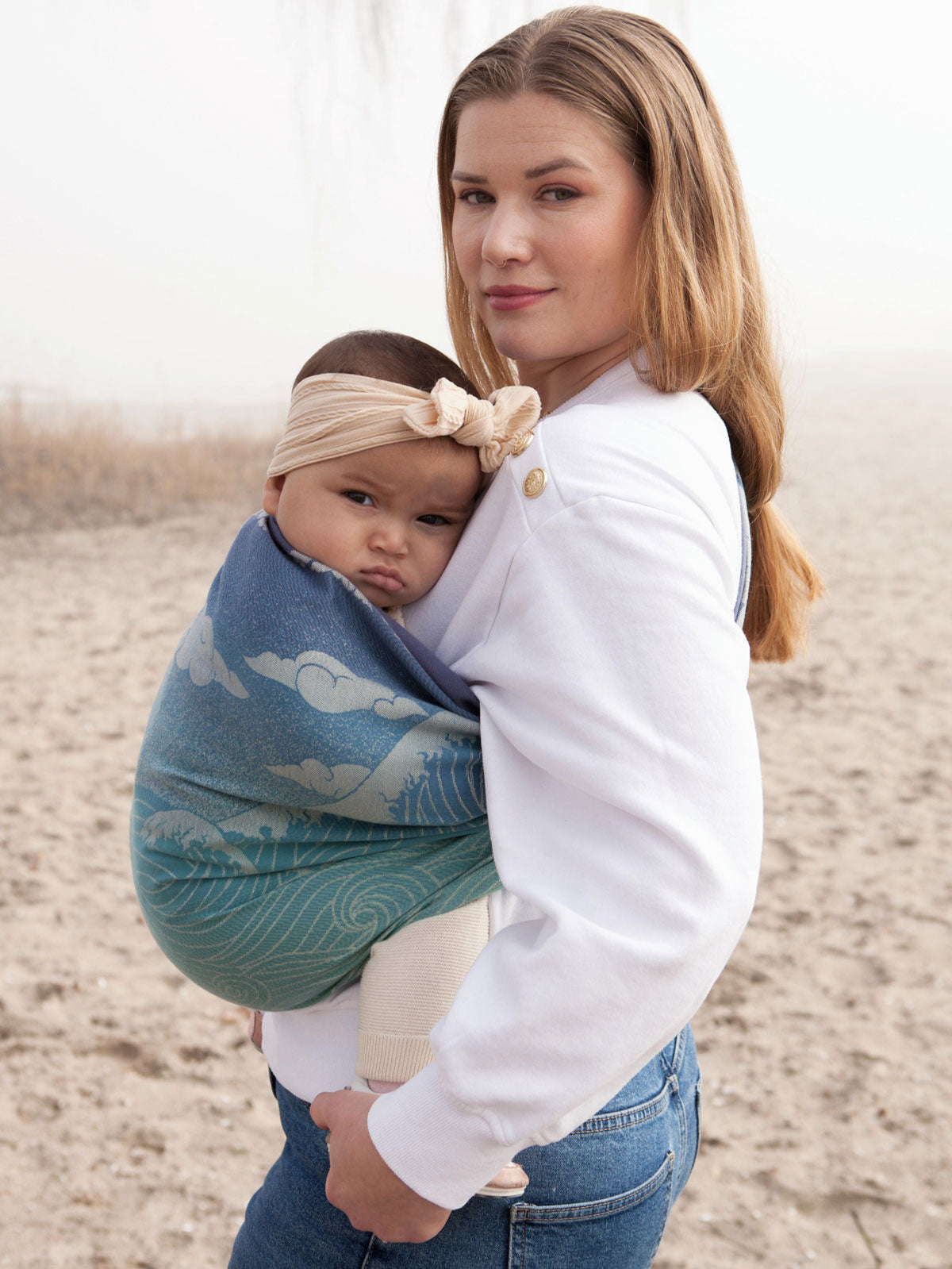
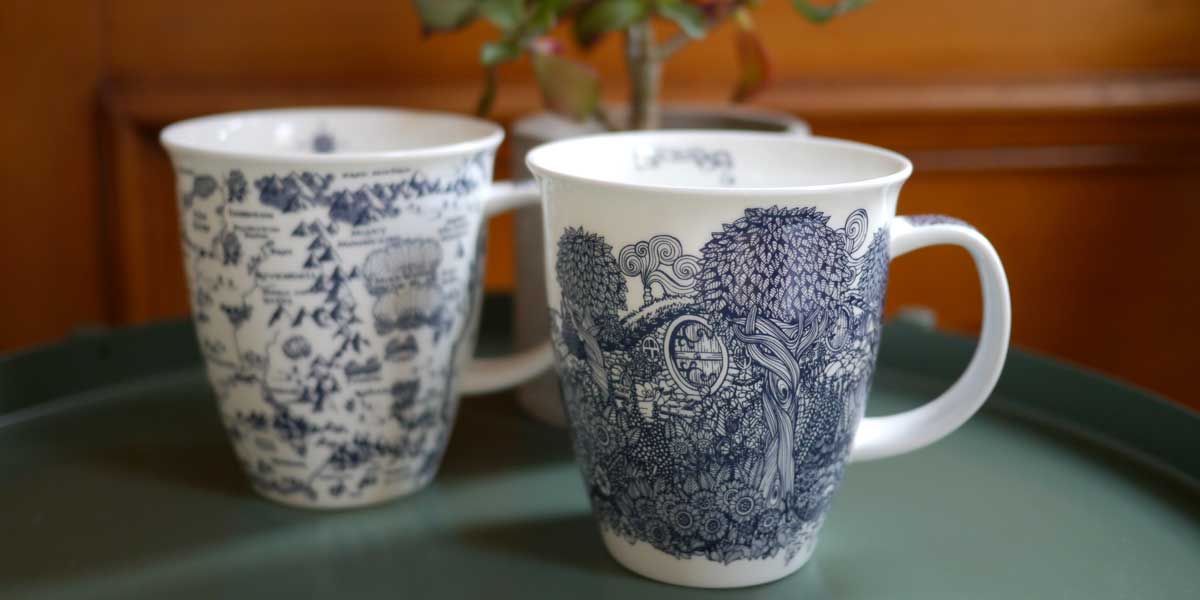
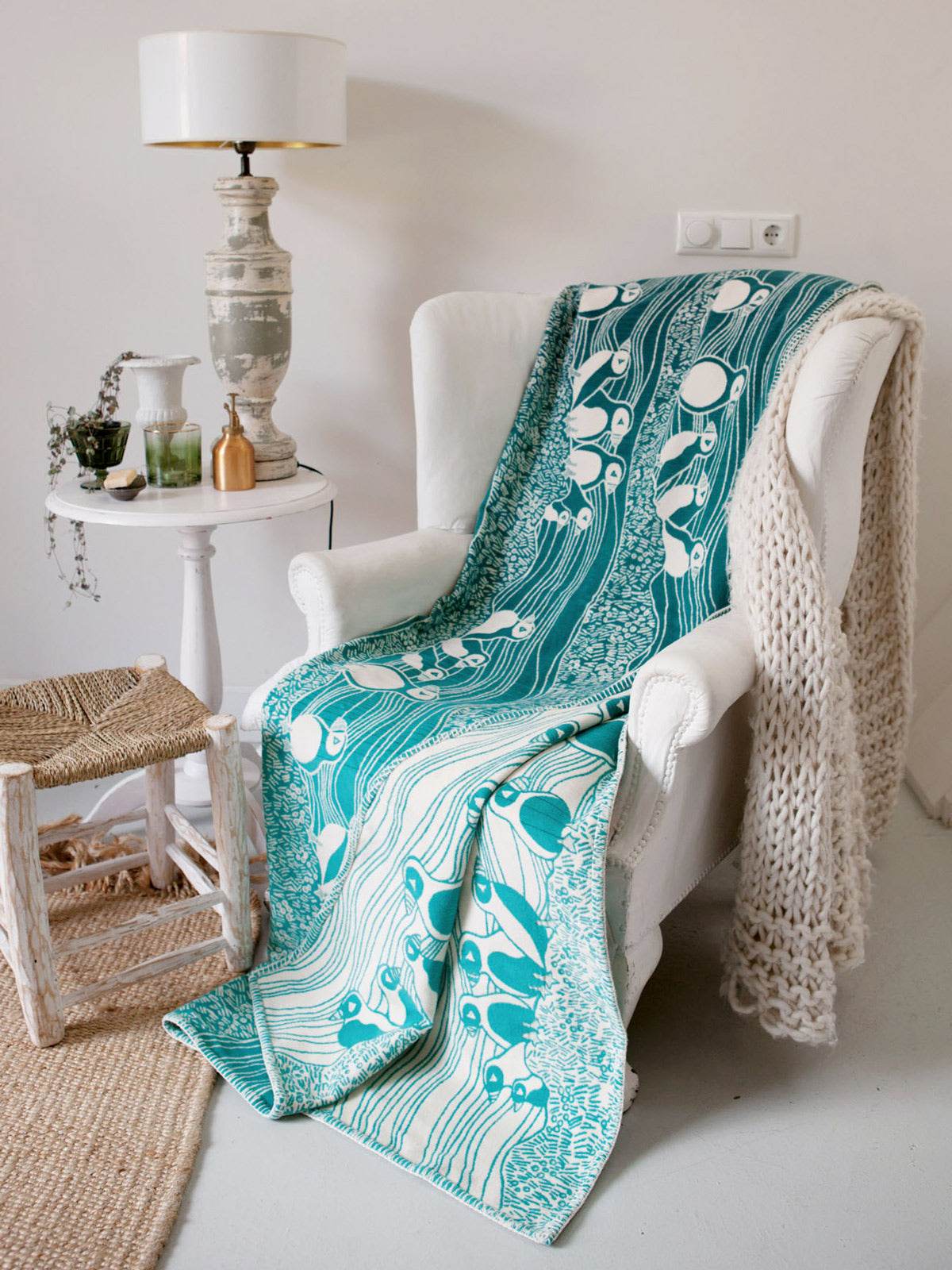
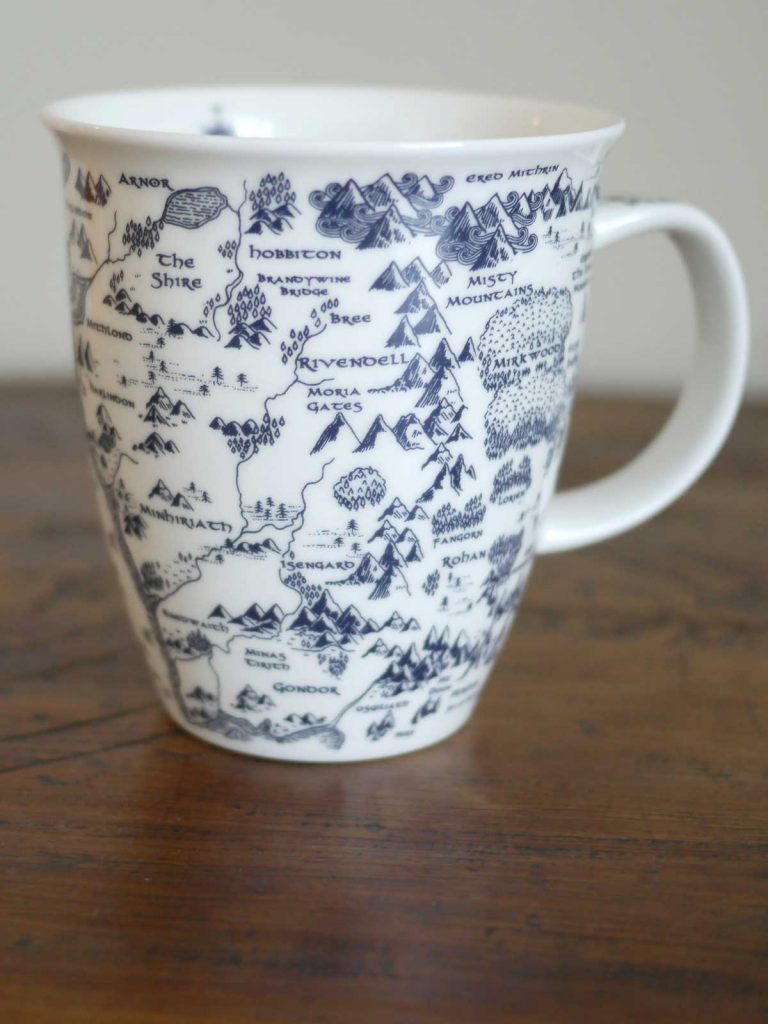


 https://oschaslings.com
https://oschaslings.com